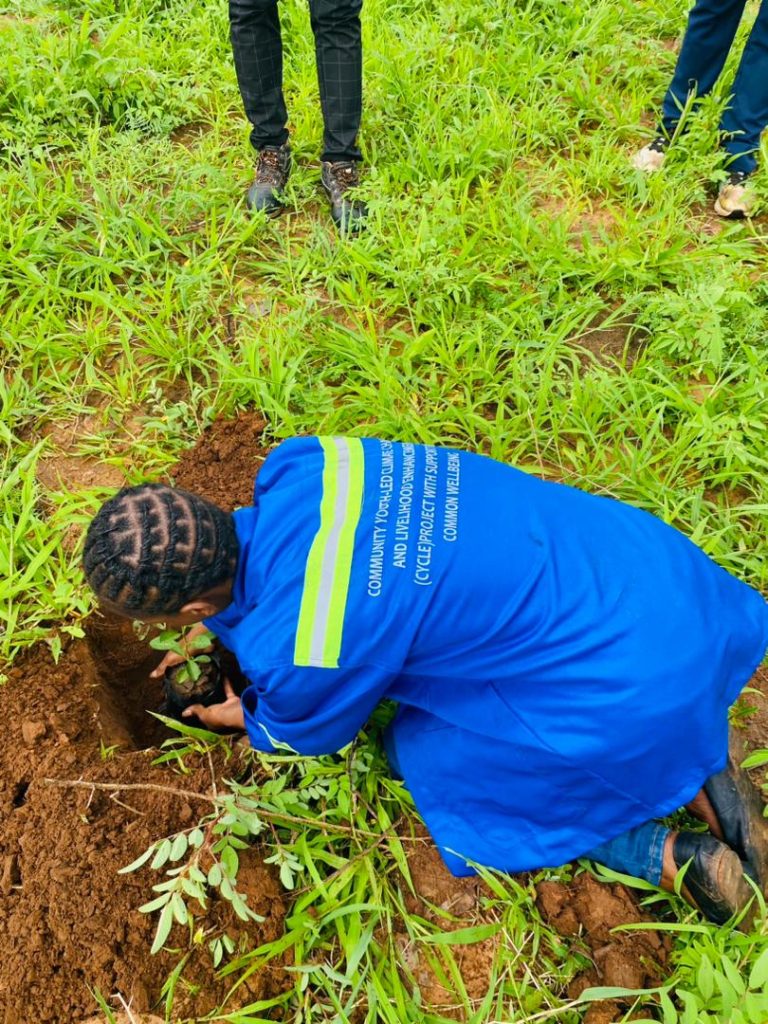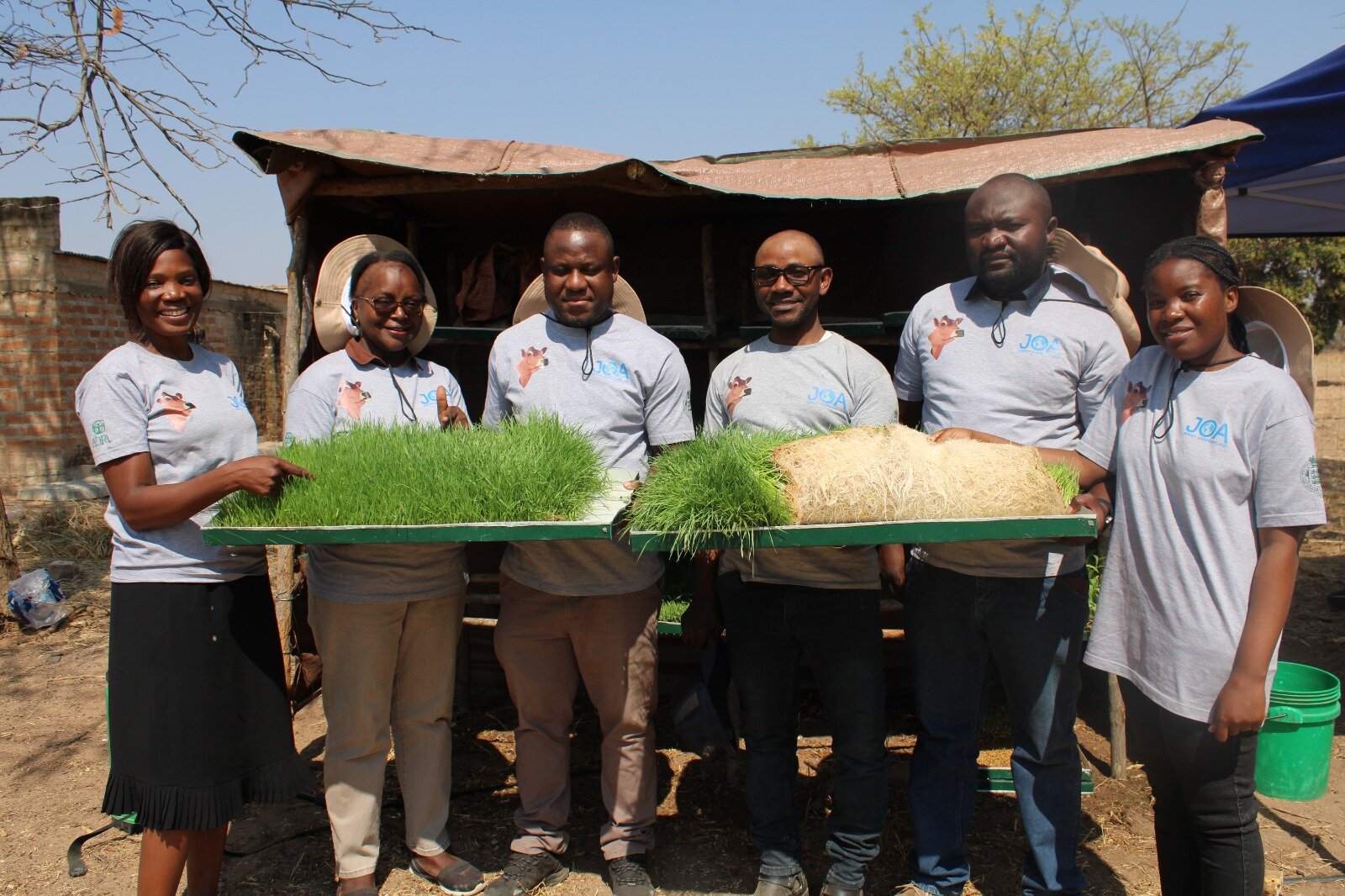You are a vital member of our emergency response team
For people to properly recover after a disaster, it requires that we provide support before, during and after the disaster. We work to provide immediate needs such as food and shelter when a disaster strikes. We also provide information and training to rebuild livelihoods

In Chirundu, a tree planting exercise was recently carried out by the project office, Dorcus Siachiyobo under the Community Youth-led Climate Resilience and Livelihood Enhancement Project, supported by Common Wellbeing. This initiative focuses on building climate resilience and enhancing livelihoods through active community involvement, with a particular emphasis on empowering youth to take leadership roles in environmental sustainability. By planting trees especially fruit trees, the project aims to mitigate the effects of climate change, improve local biodiversity, provide fruits for food and enhance the overall health of the environment. The tree planting exercise also serves as an educational opportunity, teaching young people the importance of environmental conservation and the role trees play in protecting the ecosystem. This effort is a step toward strengthening the resilience of the community, ensuring a more sustainable and prosperous future for the residents of Chirundu.

The cultivation of hydroponic fodder takes place in a controlled, soil-free environment, which significantly reduces the risk of soil-related diseases, pests, and fungi. This approach eliminates the need for pesticides, insecticides, and herbicides, ensuring that the fodder produced remains entirely organic and free from harmful chemicals. In addition to these health benefits, hydroponic fodder production is much more sustainable than conventional farming practices. Since it does not require fertilizers, there is a marked reduction in the use of chemical inputs, leading to lower greenhouse gas emissions. Traditional farming methods can cause harmful runoff that negatively impacts nearby ecosystems, whereas hydroponic systems prevent such environmental damage. Furthermore, these systems contribute to a reduction in fuel consumption, as they require less transportation from remote farms to markets, further lowering carbon emissions. This innovative method is supported by ADRA UK and Jersey Overseas Aid, highlighting the global push for more sustainable, eco-friendly farming solutions.
